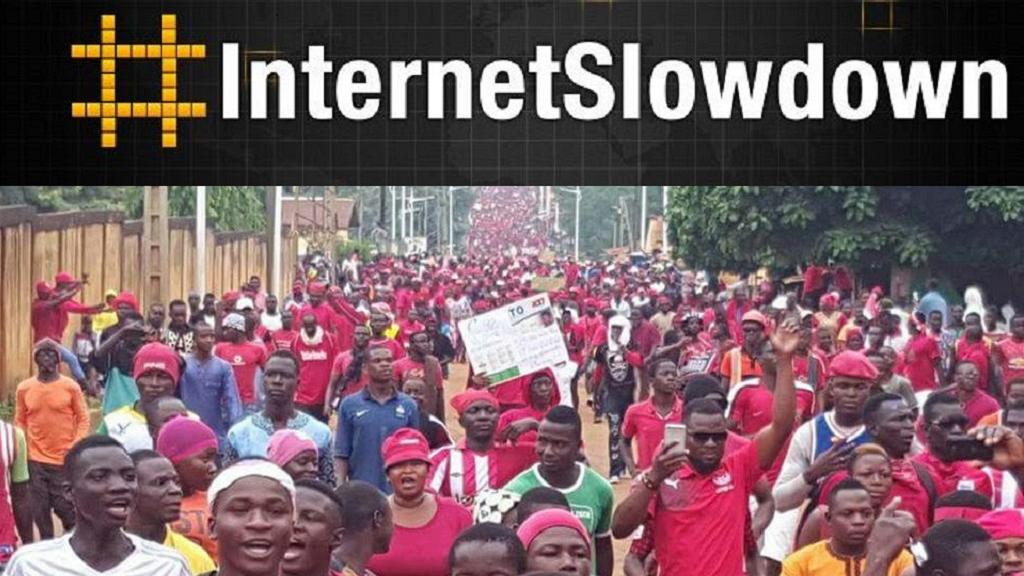Togolese opposition coalition on Tuesday wrapped up plans for an anti-government protest today after an earlier one was postponed. They are basically calling for wide ranging political reforms including he reinstatement of term limits.
Activists in the small West African nation have, however, reported of a clampdown on internet speed and social media, a move seen as a means of thwarting the protests.
“Whatsapp and Facebook are no longer going trough in Togo. Internet speed has also decreased considerably ahead of tomorrow’s protest,” one activist, Farida Nabourema said in a tweet.
She also confirmed that the government had hinted of plans to modifying some laws to stifle protests but added that leaders of the movement were bent on going ahead.
The bloody protests kick started August 19 and 20, police tear gassed protesters and two deaths were recorded. The second march was planned for August 30 and 31 but was postponed on Monday to September 6 and 7.
On the same day that the second march was planned, a pro-government march was held with Prime Minister Selorm Klassou leading calls for a united Togo. Fifteen opposition protesters were recently jailed in connection with the protests.
At the heart of the protests are calls for the revision of the 1992 Constitution which was modified in 2002 allowing Faure Gnassingbe to run for an unlimited term.
The opposition says they want the original two five-year term limit to be restored, a two-ballot system, reform of the Constitutional Court and the Electoral Commission. President Faure Gnassingbe has been in power since his father Gnassingbe Eyadema died after spending 38 years in office.
The 1992 constitution brought in a semblence of multi-party democracy after decades of dictatorship, and limited presidential terms to two, but ten years later lawmakers amended it to enable Eyadema to run for another term.
Then, when he died, the military sidestepped the constitution by installing his son as interim president, instead of the head of the national assembly, as was legally required. He later resigned before winning polls in 2005 and securing re-election twice in 2010 and 2015.
The protests that followed Faure Gnassingbe’s first election victory in 2005 triggered a violent security crackdown in which around 500 people were killed.
[Source: Africa News]





 WhatsApp us
WhatsApp us 

